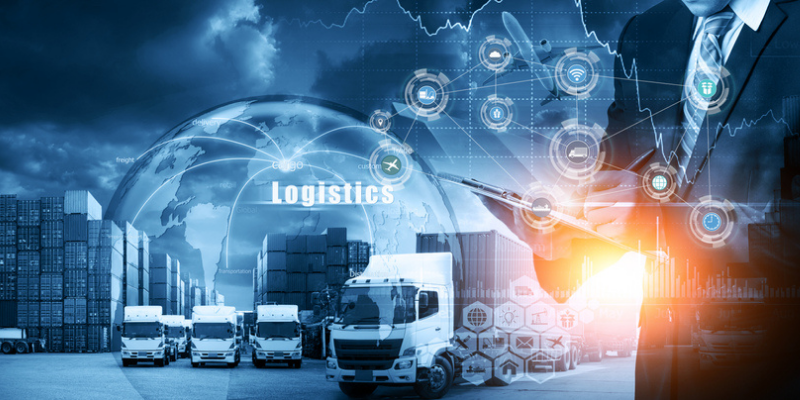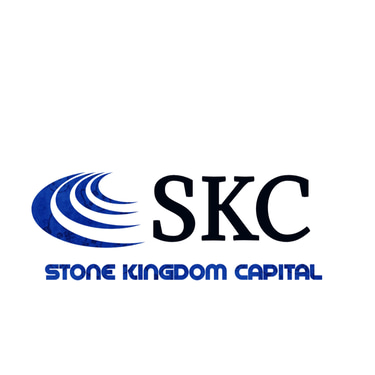BLOCKCHAIN IN COMMODITY TRADING: HYPE OR GAME CHANGER?
Blockchain in commodity trading sits at the crossroads of real innovation and overhyped buzzword. Could it change the industry?
J. Nelson
5/7/20252 min read


Commodity trading has long been the backbone of global commerce, powering industries from agriculture to energy. Yet, despite its scale and importance, the sector remains riddled with inefficiencies: opaque supply chains, paper-heavy documentation, and fragmented data systems. Enter blockchain—a technology hailed as the antidote to these legacy issues. But is it truly transformative, or just another buzzword riding the fintech wave?
🔍 Understanding the Promise of Blockchain & The Digital Ledger for the Supply Chain
At its core, blockchain is a decentralized digital ledger that records transactions in a secure, transparent, and immutable way. For commodity trading, this means:
• Transparency Across the Supply Chain: Every transaction, from origin to delivery, can be tracked in real time.
• Smart Contracts: Automated execution of trade agreements based on predefined conditions, reducing delays and disputes.
• Fraud Prevention: Immutable records make it nearly impossible to tamper with trade data or falsify documents.
• Efficiency Gains: Digitized workflows eliminate manual paperwork and reduce settlement times.
🌾 Real-World Applications in Commodities
Several pilot projects and platforms are already testing blockchain’s potential:
• Agricultural Commodities: Platforms like AgriDigital and GrainChain use blockchain to track grain transactions, ensuring farmers get paid promptly and buyers receive verified products.
• Energy Trading: VAKT, backed by major oil companies, digitizes post-trade processes for crude oil, cutting down reconciliation time and operational costs.
• Metals and Minerals: IBM and MineHub are working on blockchain solutions to trace the provenance of minerals, ensuring ethical sourcing and compliance.
⚠️ Challenges and Limitations
Despite the promise, blockchain adoption in commodity trading faces hurdles:
• Interoperability: Many platforms operate in silos, making integration across the industry difficult.
• Regulatory Uncertainty: Global commodity markets span jurisdictions with varying legal frameworks.
• Scalability: High transaction volumes and complex trade structures can strain blockchain networks.
• Cultural Resistance: Traditional traders may be hesitant to embrace radical tech shifts.
💡 Hype or Game Changer?
The answer lies somewhere in between. Blockchain is not a silver bullet—but it’s far more than hype. It’s a foundational technology with the potential to reshape how commodities are traded, tracked, and settled. The real game changer will be its integration with other innovations—AI for predictive analytics, IoT for real-time tracking, and smart contracts for automated execution.
🧭 Final Thoughts
Blockchain’s impact on commodity trading will depend on industry-wide collaboration, regulatory clarity, and scalable infrastructure. For forward-thinking traders and procurement strategists, now is the time to explore pilot programs, build partnerships, and prepare for a more transparent, efficient future.
TRADING
Expertise in commodities trading, advisory, and procurement management services.
CONTACT
Churchill Executive Towers, Office 900 Business Bay, Dubai, UAE
801 Brickell Ave Ste 811 Miami, FL 33131
Dubai - 971 55 117 7276
Miami - 305 461 0016 info@stonekingdomcap.com
